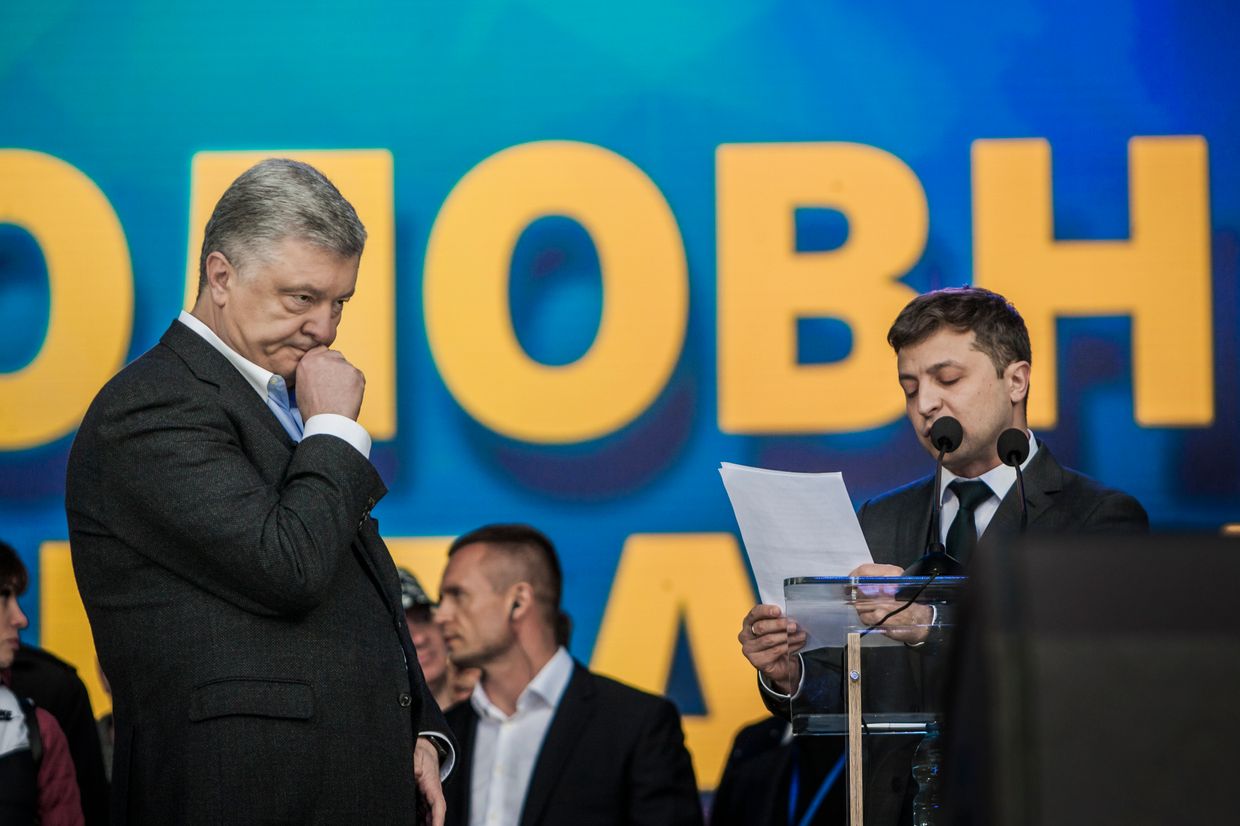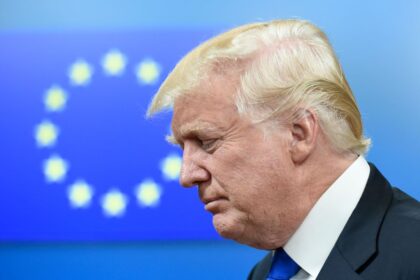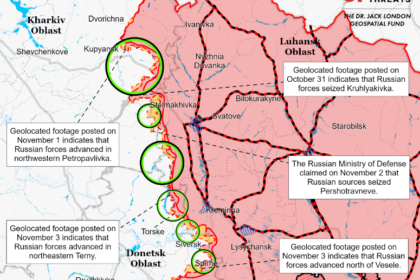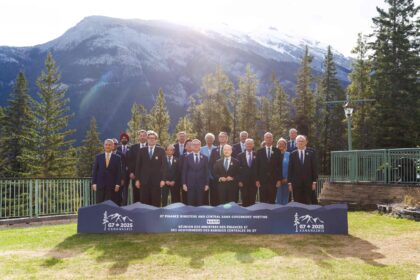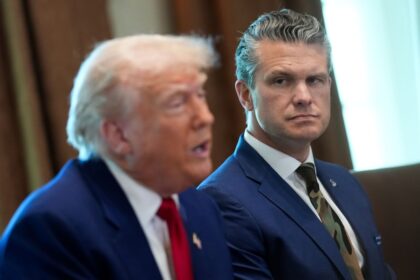Former Ukrainian President Petro Poroshenko has been sanctioned by President Volodymyr Zelensky, with his assets frozen and his TV channels deprived of digital broadcasting. The sanctions were imposed on February 11, and Poroshenko’s son Oleksiy remains one of the richest men in Ukraine, with a net worth estimated at $954 million.
Poroshenko’s largest businesses, including Roshen confectionery and Ukrprominvest-Agro, have remained untouched by the sanctions. He had been transferring his assets to his son since losing the 2019 presidential election.
The sanctions have been met with mixed reactions in Ukraine, with some seeing them as an attempt to divert public attention from the difficult battlefield situation, while others view them as a necessary measure to punish actual criminals.
Ukrainian political analyst Volodymyr Fesenko has stated that the sanctions against prominent businessmen are “a reminder of the war against the oligarchs,” and that it is unclear which of Poroshenko’s assets can be affected by the sanctions.
The legality of sanctions against Ukrainian citizens has always been questioned, but the majority of Ukrainians have backed the sanctions imposed on notorious figures and pro-Russian politicians. The sanctions against Poroshenko have been seen as an attempt to “neutralize the opposition” before potential elections.
Fesenko believes that using traditional legal mechanisms rather than sanctions would be more effective in investigating and punishing crimes. He also stated that sanctions could prevent Poroshenko from actively participating in political and information campaigns, but may not change his popularity.
The war with Russia is ongoing, and experts believe that the internal political wars will continue. Zelensky’s opponents are waging an open war against him, mostly informational and a little bit political.




